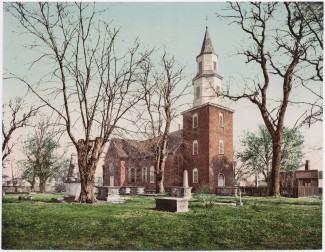“The greatest benefits will not bind the ungrateful.”
Aesop’s Fables
The farmer, finding a frozen snake, pitied him and placed him in his bosom to thaw. The revived snake, unmoved by gratitude, inflicts a mortal wound.
Such ingratitude is especially repulsive. But what about the ingratitude that consists in simply not-being-grateful?
Gratitude should have prevented the snake from harming its benefactor. Yet it should also move me to act in certain positive ways—to act out gratitude.
If I am not actually, shall we say actively grateful, then am I not truly ungrateful? This is a bracing thought, especially in view of Aesop’s moral. Even the greatest benefits do not bind, do not move to action those who are ungrateful. This gives me pause: I should be concerned lest ingratitude render me impervious to the call of gifts received. Especially since evidence of my own ingratitude is real.
Flowers in my field.
Much more, my wife, the mother of my children.
When will my life, my every day, be truly bound, formed by what I have received? Gratuitously.
May we be set free, by being bound, by the greatest benefits.
Aesop (born circa 620 B.C.) was a Greek story teller. Little is known of his life, and no written works by him survive, though many ancient authors refer to his famous stories-with-a-point.
Originally posted at Bacon from Acorns










